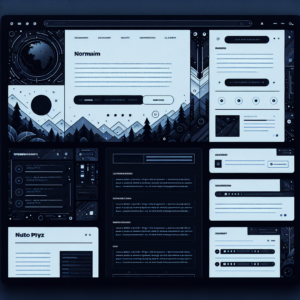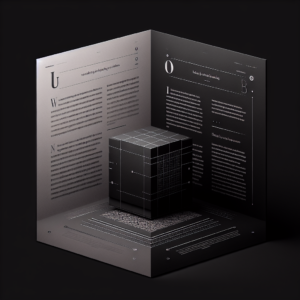TL;DR
- Vulnerability: Arbitrary file deletion on Windows systems via the
/v1/agent/hub/updateendpoint. - Severity: High (CVSS score: 8.2).
- Affected Software: Latest version of eosphoros-ai/DB-GPT.
- Exploitation: Attackers can delete any file on the host system by manipulating the
plugin_repo_namevariable. - Root Cause: Failure to properly filter the
\character in Windows paths. - Red-Team Relevance: High, as it allows for destructive attacks and potential privilege escalation.
- C-Suite Summary: A critical vulnerability in DB-GPT could lead to unauthorized file deletion, disrupting operations and compromising data integrity.
Introduction
A newly disclosed vulnerability, CVE-2025-0452, has been identified in the latest version of eosphoros-ai/DB-GPT, a popular database management tool. This high-severity flaw, with a CVSS score of 8.2, allows attackers to delete arbitrary files on Windows systems. The vulnerability stems from improper handling of the \ character, commonly used as a path separator in Windows, enabling attackers to manipulate file paths and delete critical system files[1][2].
This vulnerability is particularly concerning for organizations relying on DB-GPT for database operations, as it could lead to significant operational disruptions and data loss. Below, we delve into the technical details, exploitation potential, and implications for security teams and executives.
C-Suite Summary
For executives, CVE-2025-0452 underscores the importance of robust cybersecurity practices. This vulnerability allows attackers to delete critical files on Windows systems, potentially leading to operational disruptions, data loss, and reputational damage. Key takeaways include:
- Risk: High, with a CVSS score of 8.2.
- Impact: Unauthorized file deletion could disrupt operations and compromise data integrity.
- Action: Ensure that all instances of DB-GPT are updated to a patched version and conduct a thorough review of input validation mechanisms across all applications.
Technical Details
The vulnerability resides in the /v1/agent/hub/update endpoint of DB-GPT. Attackers can exploit this flaw by injecting malicious input into the plugin_repo_name variable, which is not properly sanitized. Specifically, the application fails to filter the \ character, allowing attackers to traverse directories and delete files on the host system[3][4].
Key Characteristics:
- Attack Vector: Network-based.
- Complexity: Low, requiring no special privileges or user interaction.
- Impact: High, as it can lead to unauthorized file deletion, potentially disrupting system operations or escalating privileges[5].
Affected Systems:
- Operating System: Windows.
- Software: Latest version of eosphoros-ai/DB-GPT.
Red-Team Relevance
For red teams, CVE-2025-0452 presents a valuable opportunity to simulate destructive attacks during engagements. Here’s how this vulnerability can be leveraged offensively:
- File Deletion for Denial of Service (DoS):
- Red teams can delete critical system files, causing service disruptions and demonstrating the impact of weak input validation.
- Privilege Escalation:
- By deleting configuration or security-related files, attackers can weaken system defenses, potentially gaining elevated access.
- Data Integrity Attacks:
- Deleting logs or audit files can obscure malicious activities, making detection and forensic analysis more challenging.
- Post-Exploitation:
- This vulnerability can be used in conjunction with other exploits to maximize the impact of a breach, such as deleting backup files to prevent recovery.
Why It Matters for Red Teams:
- Demonstrates the real-world impact of improper input validation.
- Highlights the importance of secure coding practices and regular vulnerability assessments.
- Provides a clear example of how seemingly minor flaws can lead to significant security breaches.
Conclusion
CVE-2025-0452 is a stark reminder of the risks posed by improper input validation. For security researchers and red teams, it offers a valuable case study in the exploitation of path traversal vulnerabilities. For organizations, it highlights the need for proactive vulnerability management and secure coding practices.
As the cybersecurity landscape continues to evolve, staying ahead of such vulnerabilities is crucial. Organizations should prioritize regular security assessments, patch management, and employee training to mitigate risks and protect critical assets.
References
- CVE-2025-0452 : eosphoros-ai/DB-GPT version latest is vulnerable to arbitrary file deletion on W. CVEdetails.com. Retrieved March 22, 2025.
- NVD – CVE-2025-0452 Detail. National Vulnerability Database. Retrieved March 22, 2025.
- CVE-2025-0452 – GitHub Advisory Database. GitHub. Retrieved March 22, 2025.
- CVE-2025-0452: Arbitrary File Deletion in eosphoros-ai/DB-GPT. SecAlerts. Retrieved March 22, 2025.
- CVE-2025-0452 | THREATINT. Threat Intelligence. Retrieved March 22, 2025.





